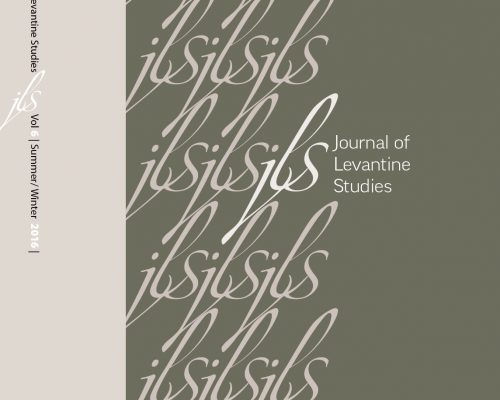Yosi Yisraeli
While the use of Old Testament imagery and biblical tropes was quite common in public representations of medieval monarchies, the ancient Israelite kingship played only a minor role in the new political science—which rested primarily on Aristotelian and juristic languages—that evolved in the late Middle Ages. Moreover, since most Christian readers of the Bible believed that biblical kingship was founded as a sinful act of rebellion against the rule of God (as described in 1 Samuel 8), promonarchical thinkers tended to discard its relevance to scientific political theory, resorting to the principal hermeneutic, legal, and moral divide between the histories of the Old Testament and the Christian realities under the new covenant. This paper seeks to examine one channel through which the “converso phenomena” and the massive entry of Jewish converts to the forming ranks of letrados in the 15th century challenged this division and stimulated new biblical readings that broadened Hebraic-political horizons. Focusing on the biblical commentaries of the famous convert Pablo de Santa Maria (c. 1352–1435), who served at both papal and royal courts, the paper follows his attempt to level the hermeneutical field between biblical monarchy and Christian political theories. As will be demonstrated, these ideas, which echoed the Hebraic traditions that Pablo had mastered as a Jewish scholar, struck a chord with their Christian audience, stimulating a variety of responses among scholars of the following generations, among them Alonso de Cartagena (1384–1456), Alonso Fernández de Madrigal (c.1410–1455), and Isaac Abravanel (1437–1508).


